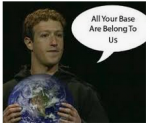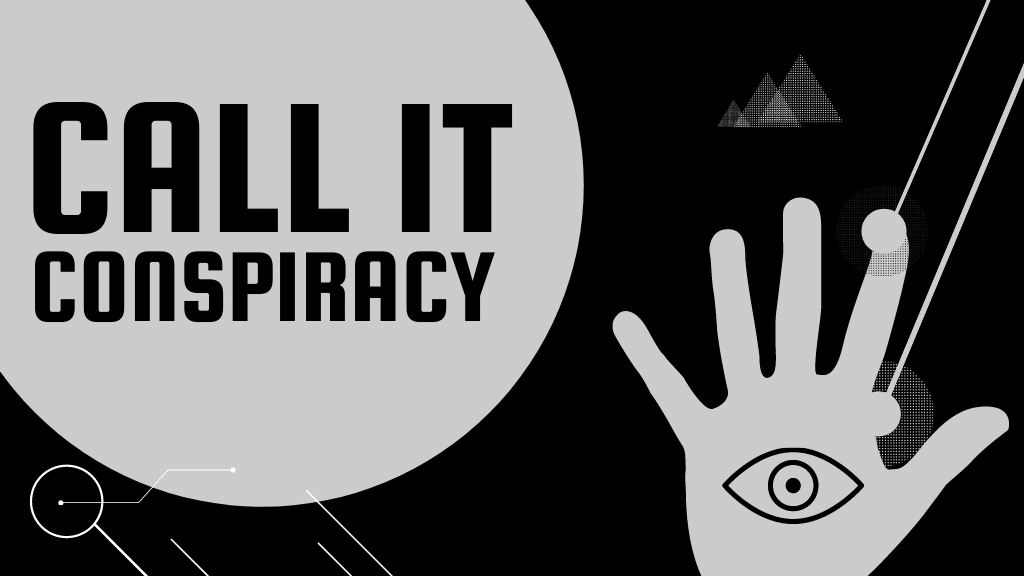Melodi
Disaster Cat
Why does a pharmaceutical company want embassies and military bases as "collateral?" Is there someone(s) behind them that could use them? The countries had already agreed to set up "wealth funds" to pay off lawsuits - this is bizarre and rather scary - Melodi
Pfizer Demands Governments Gamble With State Assets To Secure Vaccine Deal
24/02/2021


MADLEN DAVIES, ROSA FURNEAUX, IVÁN RUIZ AND JILL LANGLOIS
R
A medical worker fills a syringe with a dose of the Pfizer-BioNTech COVID-19 vaccine, Tokyo Medical Centre, February 17, 2021. Photo: Behrouz Mehri/Pool via Reuters/File Photo.
Pfizer has been accused of “bullying” Latin American governments in COVID-19 vaccine negotiations and has asked some countries to put up sovereign assets, such as embassy buildings and military bases, as a guarantee against the cost of any future legal cases, the Bureau of Investigative Journalism can reveal.
In the case of one country, demands made by the pharmaceutical giant led to a three-month delay in a vaccine deal being agreed. For Argentina and Brazil, no national deals were agreed at all. Any hold-up in countries receiving vaccines means more people contracting COVID-19 and potentially dying.
Officials from Argentina and the other Latin American country, which cannot be named as it has signed a confidentiality agreement with Pfizer, said the company’s negotiators demanded additional indemnity against any civil claims citizens might file if they experienced adverse effects after being inoculated. In Argentina and Brazil, Pfizer asked for sovereign assets to be put up as collateral for any future legal costs.
One official who was present in the unnamed country’s negotiations described Pfizer’s demands as “high-level bullying” and said the government felt like it was being “held to ransom” in order to access life-saving vaccines.
Campaigners are already warning of a “vaccine apartheid” in which rich Western countries may be inoculated years before poorer regions.
Now, legal experts have raised concerns that Pfizer’s demands amount to an abuse of power.
“Pharmaceutical companies shouldn’t be using their power to limit life-saving vaccines in low- and middle-income countries,” said Professor Lawrence Gostin, director of the World Health Organisation’s Collaborating Centre on National and Global Health Law. “[This] seems to be exactly what they’re doing.”
Protection against liability shouldn’t be used as “the sword of Damocles hanging over the heads of desperate countries with a desperate population,” he added.
Pfizer has been in talks with more than 100 countries and supranational organisations, and has supply agreements with nine countries in Latin America and the Caribbean: Chile, Colombia, Costa Rica, Dominican Republic, Ecuador, Mexico, Panama, Peru, and Uruguay. The terms of those deals are unknown.
Pfizer told the Bureau: “Globally, we have also allocated doses to low- and lower-middle-income countries at a not-for-profit price, including an advance purchase agreement with Covax to provide up to 40 million doses in 2021. We are committed to supporting efforts aimed at providing developing countries with the same access to vaccines as the rest of the world.” It declined to comment on ongoing private negotiations.
Most governments are offering indemnity – exemption from legal liability – to the vaccine manufacturers they are buying from. This means that a citizen who suffers an adverse effect after being vaccinated can file a claim against the manufacturer and, if successful, the government would pay the compensation. In some countries people can also apply for compensation through specific structures without going to court.
This is fairly typical for vaccines administered in a pandemic. In many cases adverse effects are so rare that they do not show up in clinical trials and only become apparent once hundreds of thousands of people have received the vaccine (a 2009 H1N1 flu vaccine, for example, was eventually linked to narcolepsy). Because manufacturers have developed vaccines quickly and because they protect everyone in society, governments often agree to cover the cost of compensation.
However, the government officials from Argentina and the unnamed country who spoke to the Bureau felt Pfizer’s demands went beyond those of other vaccine companies, and beyond those of Covax, an organisation created to ensure low-income countries can access vaccines, which is also requiring its members to indemnify manufacturers. This presents an additional burden for some countries because it means having to hire specialist lawyers and sometimes pass complex new legislation, so manufacturers’ liabilities can be waived.
24/02/2021

MADLEN DAVIES, ROSA FURNEAUX, IVÁN RUIZ AND JILL LANGLOIS
R
A medical worker fills a syringe with a dose of the Pfizer-BioNTech COVID-19 vaccine, Tokyo Medical Centre, February 17, 2021. Photo: Behrouz Mehri/Pool via Reuters/File Photo.
Pfizer has been accused of “bullying” Latin American governments in COVID-19 vaccine negotiations and has asked some countries to put up sovereign assets, such as embassy buildings and military bases, as a guarantee against the cost of any future legal cases, the Bureau of Investigative Journalism can reveal.
In the case of one country, demands made by the pharmaceutical giant led to a three-month delay in a vaccine deal being agreed. For Argentina and Brazil, no national deals were agreed at all. Any hold-up in countries receiving vaccines means more people contracting COVID-19 and potentially dying.
Officials from Argentina and the other Latin American country, which cannot be named as it has signed a confidentiality agreement with Pfizer, said the company’s negotiators demanded additional indemnity against any civil claims citizens might file if they experienced adverse effects after being inoculated. In Argentina and Brazil, Pfizer asked for sovereign assets to be put up as collateral for any future legal costs.
One official who was present in the unnamed country’s negotiations described Pfizer’s demands as “high-level bullying” and said the government felt like it was being “held to ransom” in order to access life-saving vaccines.
Campaigners are already warning of a “vaccine apartheid” in which rich Western countries may be inoculated years before poorer regions.
Now, legal experts have raised concerns that Pfizer’s demands amount to an abuse of power.
“Pharmaceutical companies shouldn’t be using their power to limit life-saving vaccines in low- and middle-income countries,” said Professor Lawrence Gostin, director of the World Health Organisation’s Collaborating Centre on National and Global Health Law. “[This] seems to be exactly what they’re doing.”
Protection against liability shouldn’t be used as “the sword of Damocles hanging over the heads of desperate countries with a desperate population,” he added.
Pfizer has been in talks with more than 100 countries and supranational organisations, and has supply agreements with nine countries in Latin America and the Caribbean: Chile, Colombia, Costa Rica, Dominican Republic, Ecuador, Mexico, Panama, Peru, and Uruguay. The terms of those deals are unknown.
Pfizer told the Bureau: “Globally, we have also allocated doses to low- and lower-middle-income countries at a not-for-profit price, including an advance purchase agreement with Covax to provide up to 40 million doses in 2021. We are committed to supporting efforts aimed at providing developing countries with the same access to vaccines as the rest of the world.” It declined to comment on ongoing private negotiations.
Most governments are offering indemnity – exemption from legal liability – to the vaccine manufacturers they are buying from. This means that a citizen who suffers an adverse effect after being vaccinated can file a claim against the manufacturer and, if successful, the government would pay the compensation. In some countries people can also apply for compensation through specific structures without going to court.
This is fairly typical for vaccines administered in a pandemic. In many cases adverse effects are so rare that they do not show up in clinical trials and only become apparent once hundreds of thousands of people have received the vaccine (a 2009 H1N1 flu vaccine, for example, was eventually linked to narcolepsy). Because manufacturers have developed vaccines quickly and because they protect everyone in society, governments often agree to cover the cost of compensation.
However, the government officials from Argentina and the unnamed country who spoke to the Bureau felt Pfizer’s demands went beyond those of other vaccine companies, and beyond those of Covax, an organisation created to ensure low-income countries can access vaccines, which is also requiring its members to indemnify manufacturers. This presents an additional burden for some countries because it means having to hire specialist lawyers and sometimes pass complex new legislation, so manufacturers’ liabilities can be waived.









